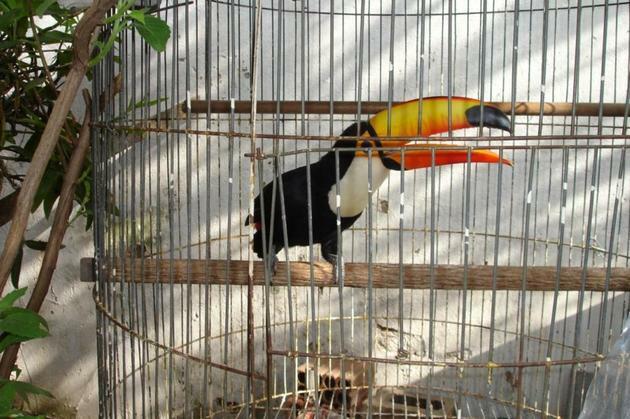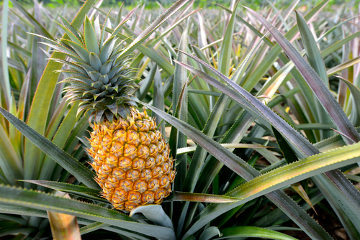Animal trafficking is the illegal trade in wild animals that are taken from nature.
This is an illegal activity that takes place all over the world. According to the United Nations (UN), drug and arms trafficking alone generates more illegal money than animal trafficking.
Animal trafficking in Brazil

Trafficking in wild animals in Brazil, according to IBAMA data, causes the annual removal of approximately 38 million specimens from forests and forests. Of these, about 4 million are traded illegally.
The high rate of removal of animals from their habitat puts an increasing number of animals at risk of extinction, in addition to contributing to the economic exploitation of forests.
Most animals captured in Brazil are traded in the Brazilian territory, and the most affected regions are the North, Northeast and Midwest. Thus, the biomes thick, Caatinga and Amazon are the most affected, besides the wetland.
Know more about:
- Amazon Animals
- Animals of the Cerrado
- Caatinga animals
- Pantanal Animals
- Atlantic Forest Animals
Endangered animal trafficking

You endangered species they are the main target of hunters because, depending on the species, the sale value can reach U$30 thousand. The hyacinth macaw is an example of a more smuggled species, especially among collectors.
Animals that have low commercial value are also victims of illegal trade, especially birds, turtles and marmosets.
The wild animals most sought after by the traffic are birds, primates and snakes. Below is a list of the main victims of animal trafficking:
- Blue Arara
- Lear's Macaw
- red macaw
- red-tailed parrot
- Ocelot
- Golden Lion tamarin
- Toucan
- Rattlesnake
- boa constrictor
- true coral snake
Know more about:
- Endangered animals in Brazil
- Endangered animals in the Amazon rainforest
- Endangered animals in the world
Types of Animal Traffic
Wild animal trafficking occurs to serve different audiences and purposes. Thus, it is considered that there are four types of animal trafficking.
- For private collectors: the animals most in demand for this type of trafficking are animals in extinction and, the rarer, the greater the value in the illegal market. The Hyacinth Macaw is one of the most expensive species.
- for scientific purposes: also known as biopiracy, this type of trafficking aims to use the trafficked animals for scientific purposes.
- For sale in pet shop: this type of trafficking is motivated according to demand, where commercial establishments encourage the illegal purchase and sale of wild animals.
- For by-product production: for this type of trafficking, animals are used in the manufacture of ornaments and crafts, and feathers, leather, skin and tusks are illegally traded.
Purchase and sale of wild animals
Wild animals can be purchased and raised legally. For this you must comply with the following rules:
- the legally purchased wild animal has a definitive identification, which can be a closed ring or a microchip implanted under the animal's skin.
- an invoice with the data of the merchant and the animal is provided.
How to report animal trafficking?

In Brazil, the control and inspection of wild animals is carried out by IBAMA and the Environmental Military Police.
When identifying an irregular situation related to wild animals, it is possible to report anonymously or not. It can be done as follows:
- In case of suspicion of animal trafficking, contact IBAMA's Green Line, calling 0800 61 8080, providing information and requesting assistance on the actions that can be taken.
- If you witness the traffic, it is important to register as much information as possible, such as location of the action, board of vehicles involved, characteristics of the people who are buying and selling, which animals, among others information.
- If you see any wild or exotic animal lost or at risk, it is important to contact the competent bodies so that the rescue and capture are done correctly. It is important never to try to rescue the animal alone.



